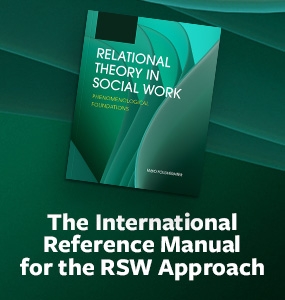Social inclusion determinants among the geriatric population in contemporary Ghana
Dan-Bright S. Dzorgbe, Delali A. Dovie
This paper reflects on the extent of social inclusivity among Ghana’s older adults. The study investigates the factors that influence the social inclusion of older adults in contemporary Ghana, using a cross sectional design and, quantitative and qualitative datasets. The findings show that three distinct factors: first the weakening of extended family system, second, formal support infrastructure, and last but not the least, witchcraft accusation(s) shape the social inclusion or otherwise of older persons. As a result, in contemporary Ghana, the rules of social inclusion and exclusion of older people find expression in the state’s social protection programs such as LEAP, NHIS, pensions which appear to be bearers of older people’s inclusion and exclusion simultaneously in the Ghanaian society. Further, social inclusion is also affected by witchcraft accusations with implications for social exclusion. Therefore, the notion of witchcraft accusation runs counter to older people’s social inclusivity in the Ghanaian society. Collectively, these have implications for care planning at large and social exclusion, intergenerational solidarity at the individual, community and national levels. In conclusion, the social inclusion of older adults from the viewpoint of the results herein presented is suggestive of expanding the frontiers of social inclusion and for that matter the care basket of logistics at all levels in the Ghanaian society with policy implications.
Keywords
Social exclusion, witchcraft accusations, social disintegration, dementia, pastors’ pronouncements, ageism.




